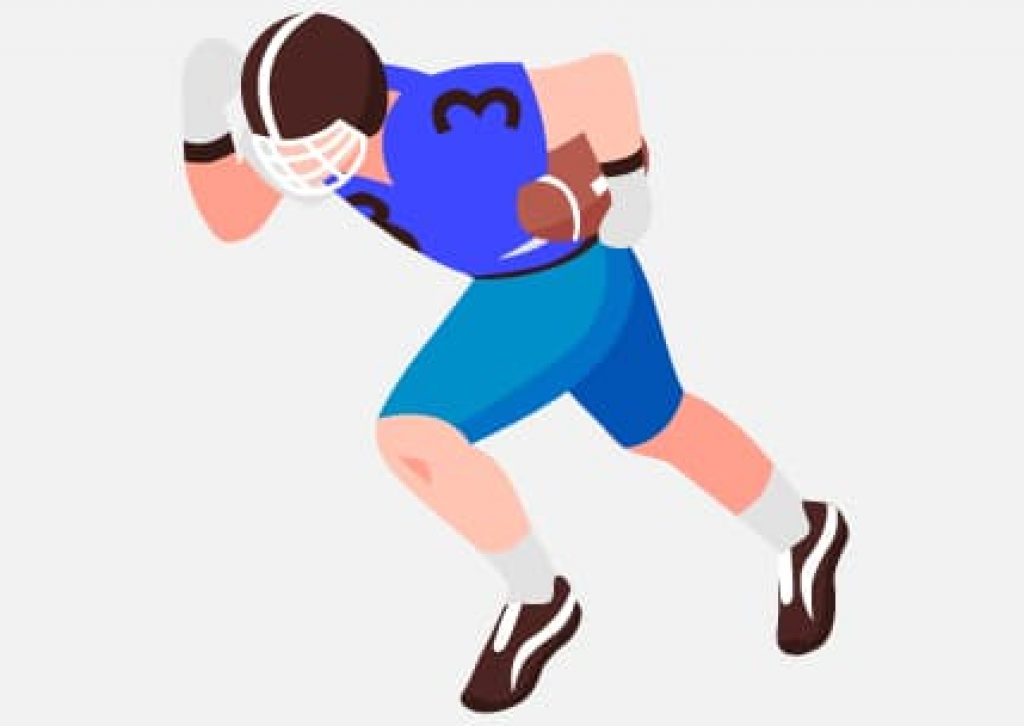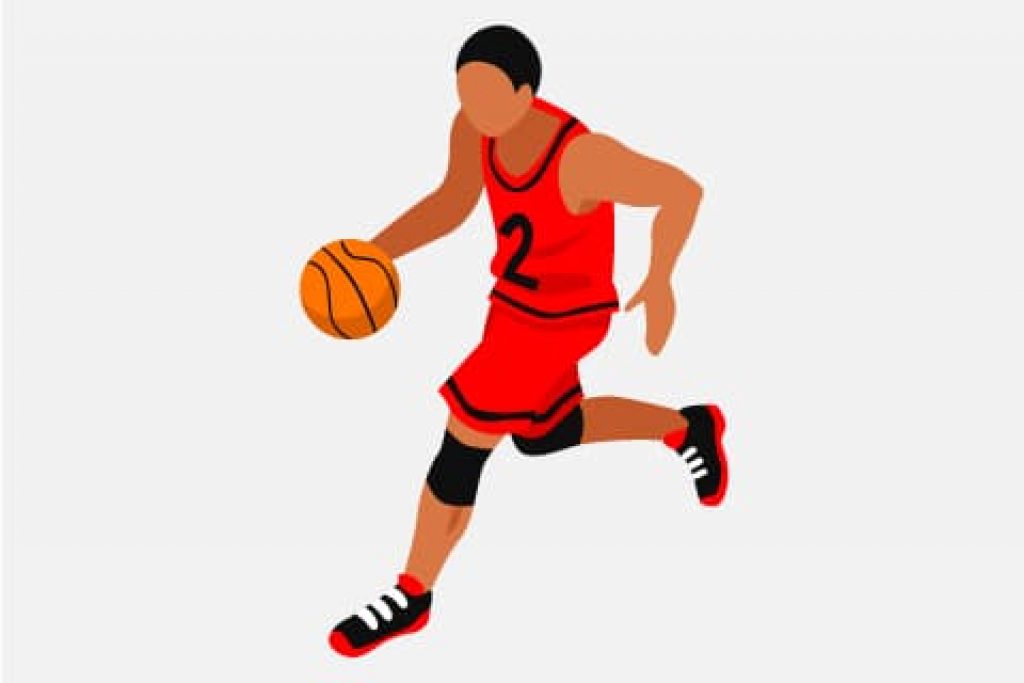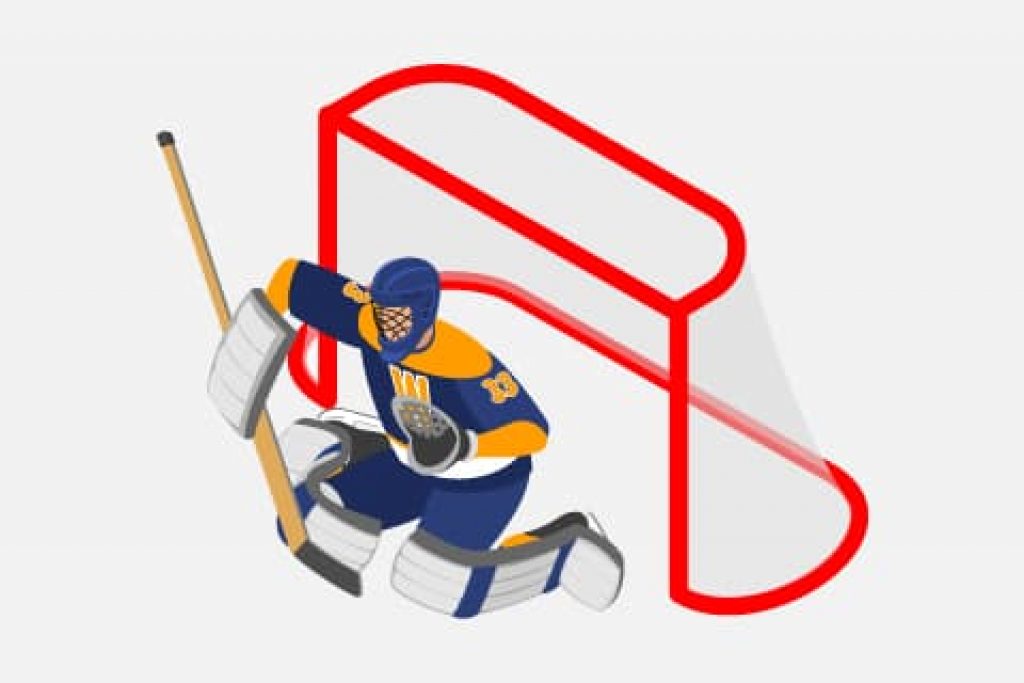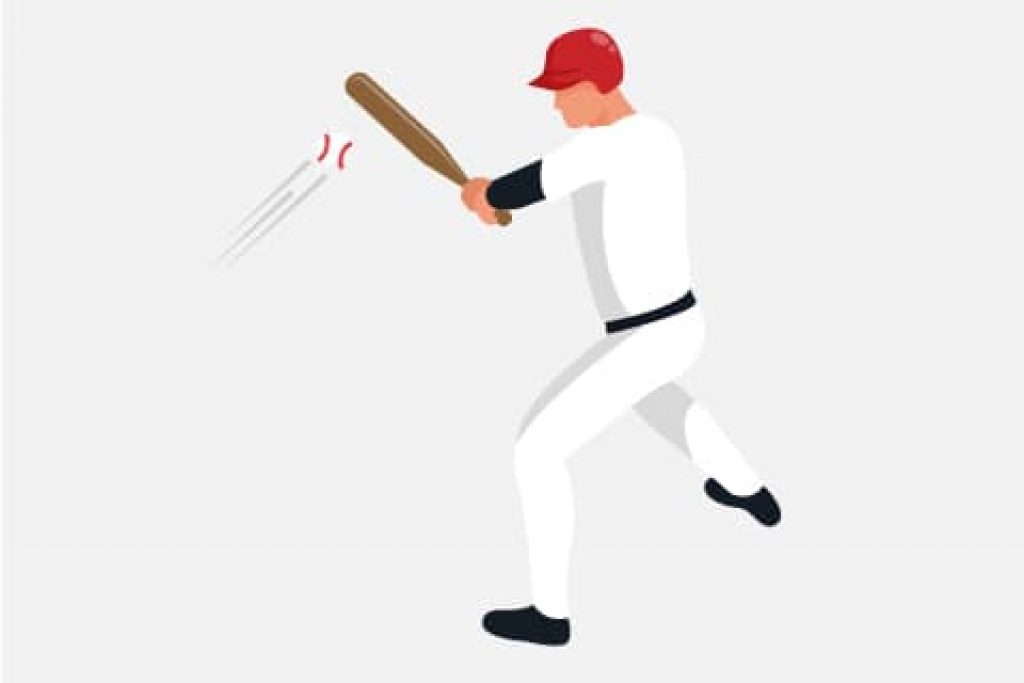Sports Betting: browse and bet on your favorite
According to an old proverb, a bet always involves a fool and a thief. Despite the perpetually long odds associated with gambling, it remains a cherished pastime of many. One of the fastest rising types of wagering is the proposition bet. Unlike traditional gambling, which is often imagined as the realm of degenerates hunched over spreadsheets while sitting in smoke-filled rooms, proposition bets have managed to capture the popular imagination and attract even demographics not usually associated with gambling. Another less publicized method of wagering is matched betting. In recent years, the popularity of matched betting has risen significantly due to the perception that it is essentially a risk-free endeavor. This page examines the specifics of proposition bets and their history and general strategy approaches before looking at the mechanics of matched betting and the various approaches bettors take when engaging in the activity.
Best Betting Sites with crypto currencies




A change in the temperature outside can mark the change in the seasons, and the sports played. As baseball games end, football games begin to fill the numerous channels, providing a nearly year-round opportunity to engage in sports gambling. It seems as if for each sport one can conceive, there is a way to make money off of it potentially.
Recent research into gambling discovered that gambling is America’s favorite hobby as measured by the amount of money spent on the past time, with over $57 billion spent in recent years on gambling and gambling-related activities, which is almost triple the amount Americans spent on other entertainment, such as movie tickets and music (Vacek, 2011). With the right approach, individuals can potentially win large sums. However, it is essential to do homework before engaging in any form of gambling, as there are very few episodes of “beginner’s luck.”
A Brief History of Gambling
While much associate gambling with the landmarks such as Las Vegas and Atlantic City stateside, and international destinations including Singapore and even the various internet gambling sites, gambling has been referred to as the “second oldest profession,” with dice being a standard inclusion in the tombs of the ancient burial sites in both Mesopotamia and Egypt (Schwartz, 2006). However, even though gambling was taking place, it does not mean that the past rulers approved of such a practice. Suppose individuals were caught gambling in locations that disapproved of the past. In that case, the guilty members could be fined, arrested, or even subject to death, with their property and other belongings seized.
As time progressed into the early 1900s, some of the more popular areas in America to engage in gambling included New York, Washington, San Francisco, and on riverboats based out of New Orleans and other waterfront locations throughout the country. As the evolution of gambling and casinos continued, new gambling lingo emerged, including the terms “sucker,” “gaming,” and “addicts,” with the latter being traced as far back as the mid-1800s. Additionally, the term “splendid hells” or “first-class” was developed to describe the best casinos in the area, often located on lavishly outfitted gambling resorts (Asbury, 2003).
Early Gambling in the United States
One of America’s oldest forms of gambling is the now extinct game known as faro, as popular as the video poker machines that have become the mainstays in current-day casinos. At one point, faro was so popular, and it was deemed the leading cause of bankruptcy in America (Turner, Howard, & Spence, 2006). Faro, which originated in France, was a card game, similar to the present day poker, in which one deck of 52 cards is dealt clockwise and is played between a “banker,” and a few individual players, who win or lose based on the cards being dealt matching the cards that are already exposed. The ease of the game and the quickness of the rounds (10-15 minutes per hand) contributed to the popularity and, in turn, the growing amount of money left on the tables by the players.
By the early 1900s, bans on gambling games, including faro, began spreading west from New York and reaching Arizona in 1907, thus outlawing most forms of gambling. However, the ban did not necessarily remove the popularity of gambling, but rather the practice went “underground,” appearing in basements and private residences since many considered the game more as an opportunity for social interaction rather than strictly a money-based hobby. As the Legislature moved to make most types of gambling illegal, with the lynching of professional gamblers occurring in the mid-1800s, gambling proponents were determined to change the staunch prohibition. Individual states struck back against the bans, starting with Nevada, which legalized gambling in 1869, spreading the movement to California in the early 1900s.
Current Day Gambling
While there has been an ebb and flow of the legal standing of various gambling outlets, after the crash in the stock market in 1929, the government realized that legalized gambling was a way to stimulate the economy. Today, gambling can be found in corner liquor stores and church bingo halls, and the numerous casinos located throughout the country. From slot machines and poker tables to horse tracks and sporting events, gambling can be found in various modalities and locations. However, there are unique characteristics to each, which should be examined and mastered before engaging in the games, which can help to increase the likelihood of a positive experience, not to mention increased financial gains.
Betting Pools
One form of popular gambling occurs usually at work or between friends and is referred to as a betting pool (or office pool if conducted in the workplace). Usually, the item involved in the betting consists of a sporting event, such as football or basketball. The pool is made of the money put in by each gambler, with players choosing a particular outcome, such as a sports team winning or a precise score of the game. While the process sounds relatively straightforward, there are strategies to increase the likelihood of achieving a more positive and rewarding outcome.
According to research, participant behavior appears to play a pivotal role in optimal strategy planning for betting pools. It is suggested that teams that are more popular, such as home teams, usually gain a larger share of the entries, which can mean a lower total amount of winnings earned, as the amount of money in the pool is spread over a more significant number of individuals, compared to the “underdog” of the game in question (Clair & Letscher, 2007). By assessing the score and the expected return, it has been posited that betting on underdogs in large betting pools can increase the chances of increasing the return on the initial bet (Clair & Letscher, 2007). As the competition for the pot increases through more participants, the likelihood of winning a large sum based on the widespread choice decreases.
When it comes to sports betting pools, there are a few different ways to be designed. Smaller box pools are suggested for Super Bowl parties or instances where about a dozen people are involved, as the likelihood of participants purchasing more than one square is higher. When it comes to the squares, there are a variety of options. Drawing numbers and predicting a score are two of the more popular designs. In the drawing numbers option, participants take turns drawing slips of paper on which the numbers 0 through 9 are written on each piece. The winner is the person who has the number corresponding to the last digit of the combined scores. The drawing numbers option can be used at the end of a quarter or the end of the game.
A more challenging option involves predicting the score, which involves a bit of skill and research. The concept involves participants selecting the winning team and the number of points the team leads by at the end of a quarter of the game. Some football pools can span the entire season for those who wish to play a more extended betting period. Sometimes predicting winners for up to 16 games in the future, with the winners being named after the end of the season by determining which participant has predicted the more significant number of winners for the season. Either method can create a fun environment among sports enthusiasts. However, by being aware of betting behavior, precisely the fact that participants have been known to overbet favorite teams (Clair & Letscher, 2007), by picking the less popular team in a larger pool of betting participants, avoiding the crowd of popularity can reap more significant rewards when it comes to betting payouts.
Betting pools are not relegated merely to sports, as there are topics such as deaths and births which people have been known to bet on. Death pools usually involve well-known individuals, such as celebrities and sports figures, which the participants predict will die within the year. More points are attached to individuals under the age of 80 years or who generally appear in good health. Like death pools, birth pools involve individuals picking specific dates on which someone, who can be either a celebrity or friend, gives birth.
Spread Betting
In addition to betting pools, there is another betting design, known as spread betting. Instead of participants predicting the outcome based on the winning team or the number of points a team wins by at the end, spread betting in sports is a little more complex. Research has found that when analyzing the results of NFL team bets, specific betting strategies can be used to successfully (and profitably) exploit the NFL betting market (Kuester & Sanders, 2011).
Spread betting, in simple terms, involves individuals betting upon whether a specific team will win by at least a given margin or number of points, which is referred to as the point spread. However, when determining the winning team, participants can be better prepared and more likely to achieve a rewarding experience by considering outside variables, such as weather, location, and the number of participants who are likely to choose the same team and point spread.
Research has suggested that some teams who are from arid regions travel to a more humid region, or vice versa, that the non-acclimated team may be at a disadvantage, regardless of their previous record in games played in similar regions as their home field (Kuester & Sanders, 2011). The same study found that when teams from dry regions win against the spread (cover the spread when they are the favored team), they host a team from a more humid location over half of the time.
Additional research into the external variables which can influence the point spread likelihood of a specific team winning has revealed that the human circadian rhythm can also bring about different levels of team performance (Chin, 2011). Knowing about the influence the time of day a game is played can help bettors to be aware of the fact that sometimes sportsbook makers can use the information to lure or bait bettors, which can lead to placing a losing wager on the team who is at a disadvantage due to changes in time zones.
By paying attention to the extraneous variables, such as weather and time of day, those betting using a point spread can be better prepared to obtain a favorable outcome, additionally, by avoiding the favorite-longshot bias, where the expected returns on bets are placed at shorter odds which exceed bets placed at the longer odds, and not betting with one’s favorited team. Instead with the better team when playing in a specific weather condition and time of day, the likelihood of arriving at a positive outcome is increased (Paton & Williams, 2005).
Betting Smart
While gambling and placing wagers on sports teams can be fun, it can also be profitable, particularly when preceding favorite teams in favor of betting smart. By considering the external variables, individuals can enjoy the sporting environment and a more rewarding experience. Being aware of the different types of betting, such as pools and spreads, and the odds involved in both, can, in essence, give individuals an advantage in the betting world.
As with any other events which involve risk, it is crucial to consider the possibilities of loss, not wagering more than one can lose. Knowing one’s limits is essential for placing bets and ensuring a positive outcome, regardless of winning or losing the bet.
References
- Asbury, H. (2003). Sucker’s progress: An informal history of gambling in America. New York: Thunder’s Mouth Press.
- Chin, D. M. (2011). A test of unbiasedness and sports book profits in the NFL point spread betting market using circadian advantage. Journal of Gambling Business & Economics,5(3), 15-26.
- Clair, B., & Letscher, D. (2007). Optimal strategies for sports betting pools. Operations Research, 55(6), 1163-1177. doi:10.1287/opre.1070.0448
- Kuester, D. D., & Sanders, S. (2011). Regional information and market efficiency: The case of spread betting in United States college football. Journal of Economics and Finance,35(1), 116-122.
- Paton, D., & Williams, L. V. (2005). Forecasting outcomes in spread betting markets: Can bettors use ‘quarbs’ to beat the book? Journal of Forecasting, 24(2), 139-154. doi:10.1002/for.949
- Schwartz, D. G. (2006). Roll the bones: The history of gambling. New York: Gotham Books.
- Turner, N. E., Howard, M., & Spence, W. (2006). Faro: A 19th-century gambling craze.Journal of Gambling Issues, (16). doi:10.4309/jgi.2006.16.15
- Vacek, H. (2011). The history of gambling. Center for Christian Ethics, 88-93. Retrieved from https://www.baylor.edu/content/services/document.php/144593.pdf





